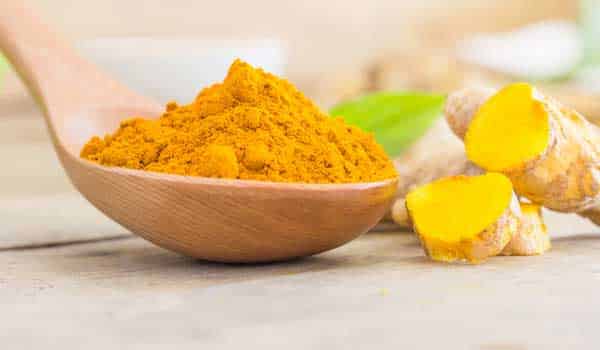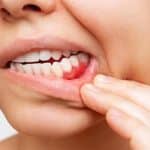Curious about the impact of turmeric on your pearly whites? Wondering if this potent spice can leave an unwanted stain on your teeth? Look no further, as we delve into the truth behind the popular notion of turmeric staining teeth.
Turmeric, known for its vibrant yellow color and myriad health benefits, has gained immense popularity in recent years. But does consuming or using turmeric actually lead to unsightly stains on your teeth?
In this article, we separate fact from fiction and provide you with the answers you’ve been seeking. We’ll explore the science behind turmeric’s staining potential and debunk any misconceptions surrounding this golden spice.
So, whether you sprinkle turmeric onto your meals, use it as a natural teeth whitener, or simply enjoy a soothing cup of turmeric tea, you’ll want to know the truth about its impact on your dental health.
Discover the real story behind turmeric and teeth staining, and gain the knowledge you need to make an informed decision about incorporating this versatile spice into your daily routine.
Quick Summary
Turmeric may temporarily tint teeth yellow, but unlike other substances, it does not cause permanent stains and can be brushed off.
What is Turmeric?
Turmeric is a spice that has been used in cooking and medicine for thousands of years, especially in South Asia. It comes from the root of the Curcuma longa plant and is a key ingredient in many curry dishes, giving them their characteristic yellow color.
Beyond cooking, turmeric is celebrated for its anti-inflammatory and antioxidant properties. It contains curcumin, a compound that contributes to its vibrant color and numerous health benefits, including potential protection against heart disease, Alzheimer’s, and cancer.
Despite its advantages, the bright yellow pigment of turmeric can raise concerns about staining, especially when it comes to dental health. But what is the real impact of turmeric on your teeth? Let’s delve deeper into this inquiry.
Common Uses of Turmeric
Turmeric is incredibly versatile. In the kitchen, it’s used to flavor and color food. Its earthy and slightly bitter flavor complements a variety of dishes, from curries to soups and even smoothies.
Apart from culinary uses, turmeric has found a place in traditional medicine. Its anti-inflammatory properties make it a popular remedy for conditions like arthritis and digestive issues. Turmeric supplements have also become a common way to enjoy its health benefits without cooking.
Interestingly, turmeric has been incorporated into beauty routines as well. Its antioxidant properties are touted to improve skin health, leading to its inclusion in face masks and creams. There’s even a trend of using turmeric for teeth whitening, despite concerns about staining.
The Potential for Turmeric to Stain Teeth
When it comes to teeth, the primary concern with turmeric is its strong pigment, which can adhere to surfaces it comes into contact with. This has led many to wonder if turmeric can stain teeth as easily as it does fabric or plastic.
Teeth are made of enamel, a hard, protective surface that’s naturally white or slightly off-white. While enamel is tough, it’s also porous, which means staining agents like turmeric can potentially affect its appearance.
However, it’s important to note that occasional turmeric consumption is unlikely to lead to significant staining. The real concern arises with frequent exposure, especially in concentrated forms such as turmeric paste or supplements.
Factors that Contribute to Turmeric Staining
Several factors can influence the extent to which turmeric might stain your teeth. These include the natural color and condition of your enamel, your oral hygiene practices, and how often you consume turmeric.
Enamel that is already weakened or compromised is more susceptible to staining from any source, not just turmeric. Regular consumption of acidic foods and beverages can exacerbate this, making stains more likely to occur.
Your oral hygiene habits also play a crucial role. Effective brushing and flossing can help minimize the risk of staining by removing turmeric residues before they can set. Additionally, using a straw for turmeric-containing beverages can reduce direct contact with your teeth.



